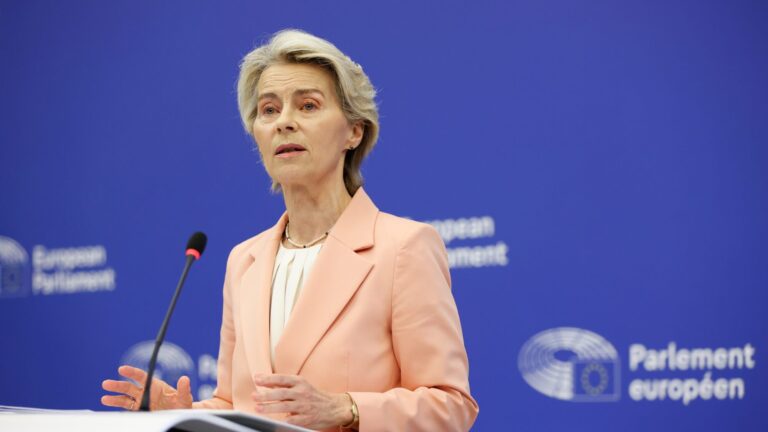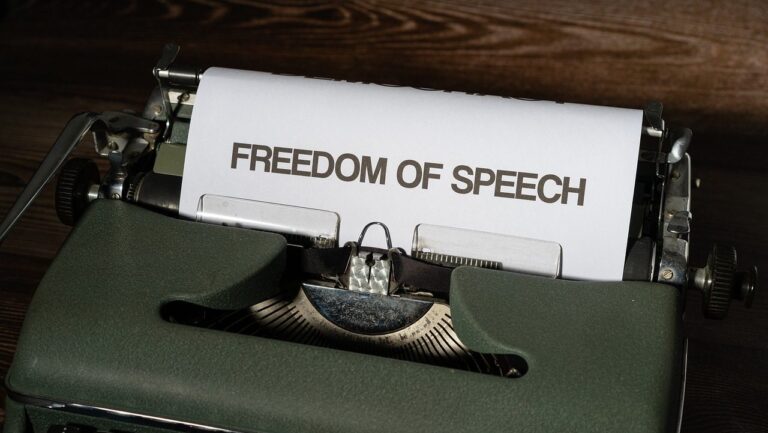Ukraine’s last stronghold in the beleaguered eastern Luhansk region has fallen, at least for now.
So announced Ukraine’s military command on Sunday, July 3rd.
After weeks of heavy fighting, Ukrainian forces retreated from the last major city they controlled in the region Lysychansk, which had a population of approximately 100,000 people before the war.
“In order to preserve the lives of the defenders of Ukraine, a decision was made to withdraw,” a statement from the General Staff of the Armed Forces explained.
Ukraine’s military command further stated that the “superiority” of Russia’s troops in terms of weapons, ammunition, and personnel meant continued efforts to defend the city “would lead to fatal consequences.”
After a failed attempted to capture Kyiv in March and April, Russia has concentrated its assault on Ukraine in the eastern Donbas region that includes Luhansk and Donetsk, areas Russia had already been infiltrating and seeking to control since 2014, as well as territory Russia has recognized as “people’s republics,” independent of Ukraine, just before launching its full invasion. But Ukrainian forces dug in to defend the territory from further Russian control.
After weeks of heavy fighting in the region, Ukrainian President Volodymyr Zelensky recognized the losses in Luhansk at a press conference on Sunday July 3rd, following a meeting with Australian Prime Minister Anthony Albanese in Kyiv.
Zelensky acknowledged “there is a risk” that the whole Luhansk region could soon be fully occupied by Russian troops.
“There are such risks, and we realise them,” he said.
Zelensky’s remarks followed on a report to Russian President Vladimir Putin from Defence Minister Sergei Shoigu stating that “full control” had been established over Lysychansk and “a number of nearby settlements.” The report also declared “the liberation” of the whole Luhansk region.
But Zelensky assured Ukrainians in his regular address later on July 3rd that this was not the end of Ukraine’s defence of Luhansk and that Ukraine’s military would seek an opportunity to recapture the region. “Ukraine does not give anything up. And when someone over there in Moscow reports something about the Luhansk region, let them remember their reports and promises before February 24th, in the first days of this invasion, in the spring and now,” he said. “Their current reports will turn into dust just as the previous ones.”





